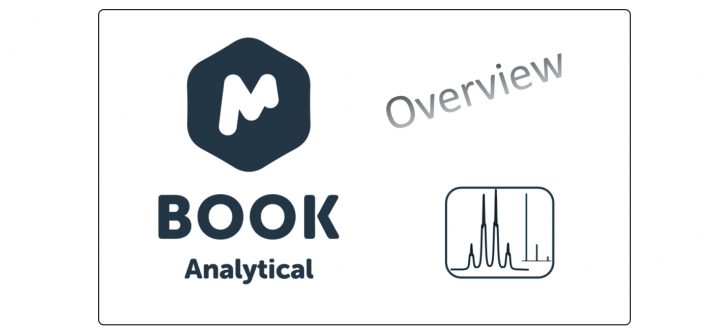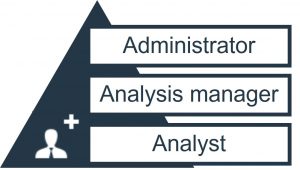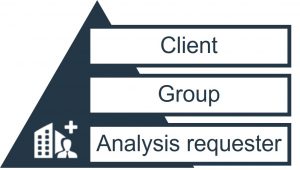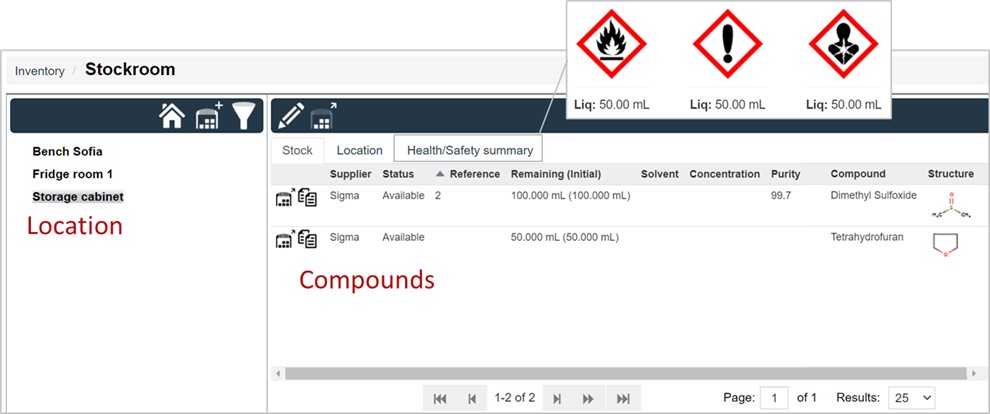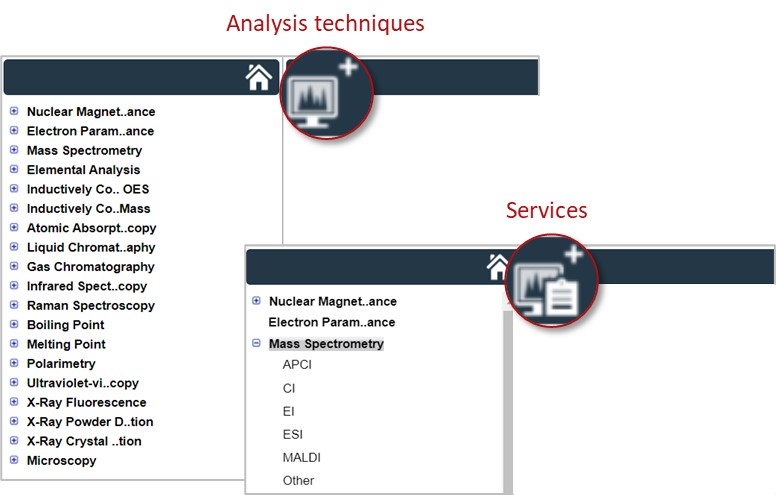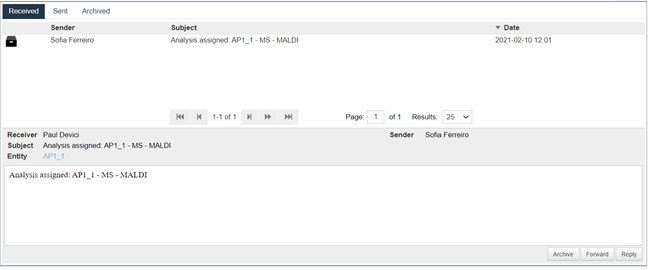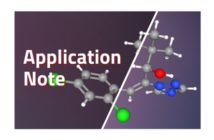Mbook Analytical is our new ELN solution to achieving the digital transformation of analytical laboratories. Released as a new flavor in the form of Mbook 3.0, Mbook Analytical fits the organizational and managerial needs of today’s analytical laboratories and allows for a flawless end-to-end customer experience with real-time feedback. In other words, with Mbook Analytical you can:
- Set up your laboratory
- Organize your team
- Connect with clients
- Receive requests for analytical services
- Schedule and process your analytical experiments
- Record and report the results to your customers
all through a single, unified web interface!
A set of features to meet your needs and expectations
Simple and intuitive design
Mbook Analytical shares the same simple and intuitive design as Mbook Chemistry. The user interface offers seven sections, each fulfilling a well-defined purpose:
- The Desk section is where you create, organize, and follow up on analytical requests.
- The Team section is where you create your team users, assign roles and techniques, and configure specific permissions.
- The Clients section is where you create your client users, assign roles, and configure analytical request permissions.
- The Search section is where you can quickly find requests by using advanced search and filtering options.
- The Inventory section is where you manage your chemicals database and inventory.
- The Laboratory section is where you add and configure your analytical instruments and services.
- The Messages section is where you receive, send, and archive messages from other users or from the system.
Hierarchical and organized structure
Entities in Mbook Analytical are organized in such a way as to make it easy to understand the relationship between them and configure settings and permissions for each of them.
Team
Besides the Administrator, team users are divided into two categories: Analysis Managers, who can manage teams and clients, and supervise analytical requests; and Analysts, who can process analytical experiments and upload results to the application.
These users can also have other in-app permissions that can be uniquely configured for each of them. These include permissions to manage the laboratory instruments and inventory, approve changes in chemical structures and properties, handle chemical safety-related information, and submit analytical requests.
Client
Client users referred to as Analysis Requesters are created under a client entity and can be organized into groups.
In addition to their capability to author requests, Analysis Requesters can be given the permissions to supervise other requests in their work group.
Projects
Analysis requests can be organized into projects and subprojects with restricted user access. Projects hold the requests made by just one client, which makes it easier to manage the analysis requests from different clients separately. Requesters and Analysts must be linked to a specific project to be able to submit, view, and edit the analytical requests within it.
Pre-loaded compound database and integrated inventory
A compound database with 300+ common reactants and solvents is pre-loaded into your inventory with some general properties, and Health & Safety data sheets. Chemicals in the database are searchable and can easily be added to your stockroom and assigned a specific storage location.
Mbook´s inventory section is fully customizable: suppliers, chemical descriptions, quantities, concentrations, internal batch numbers and codes, etc., can be referenced along with your chemicals, which is highly convenient for day-to-day stock management.
Wide range analytical offer
Mbook Analytical can handle a wide range of analytical techniques and services that are included by default in the application (NMR, MS, EPR, EA, LC, etc.), but also supports new techniques and service types, which means the total flexibility to add and customize the services that can be offered.
Integrated messaging system
Communication about requests and projects is made easier with Mbook Analytical as it includes a messaging system that allows users to send, receive, and archive messages directly from the ELN.
Automatic messages are also sent by the system to inform users of changes in entities or to prompt them to take certain actions (analysis request approvals, rejections, assignments, etc.).
Search and filtering tools
All Mbook entities can be easily searched and/or filtered. Users can be filtered by role, permissions, and status, while requests can be filtered by projects, users, time, and status, or searched by code, reference, sample, or structure… a vast range of options are offered to guarantee you will find what you are looking for.
In app help
A Help section is included in Mbook Analytical. Help content is customized for each user role so that each will have the starting guide that corresponds to their role and permissions. An interactive content page allows for navigation between different sections and includes a resources section with links to online materials, allowing for a deeper comprehension of the application and its features.
A flawless end-to-end customer experience
Sample submissions and service requests require a minimum set of information to handle and run the analysis correctly. With Mbook Analytical you can give your customers a structured work frame to submit their samples and request analytical services both easily and with minimal risk of missing information.
Mbook's organized and hierarchical structure will allow your team to handle customer requests efficiently and smoothly. Clients’ requests are grouped into projects and labeled with unique codes and a status tag, making them easily searchable and trackable by your team and the requester. Once the analysis is complete, its results are uploaded and can be easily accessed by customers through the request panel.
Take collaborations with synthetic chemists to the next level…
Synthetic and analytical laboratories often work in tandem but typically use different platforms to manage their projects. With Mbook 3.0 it is possible to integrate analytical features into your synthetic environment and handle entire chemistry workflows from synthesis to analysis through the same interface.
Mbook Analytical team can receive service requests directly from synthetic chemists and upload analysis results to the corresponding experiment in Mbook Chemistry. Check this article about Mbook Enterprise for more details.

